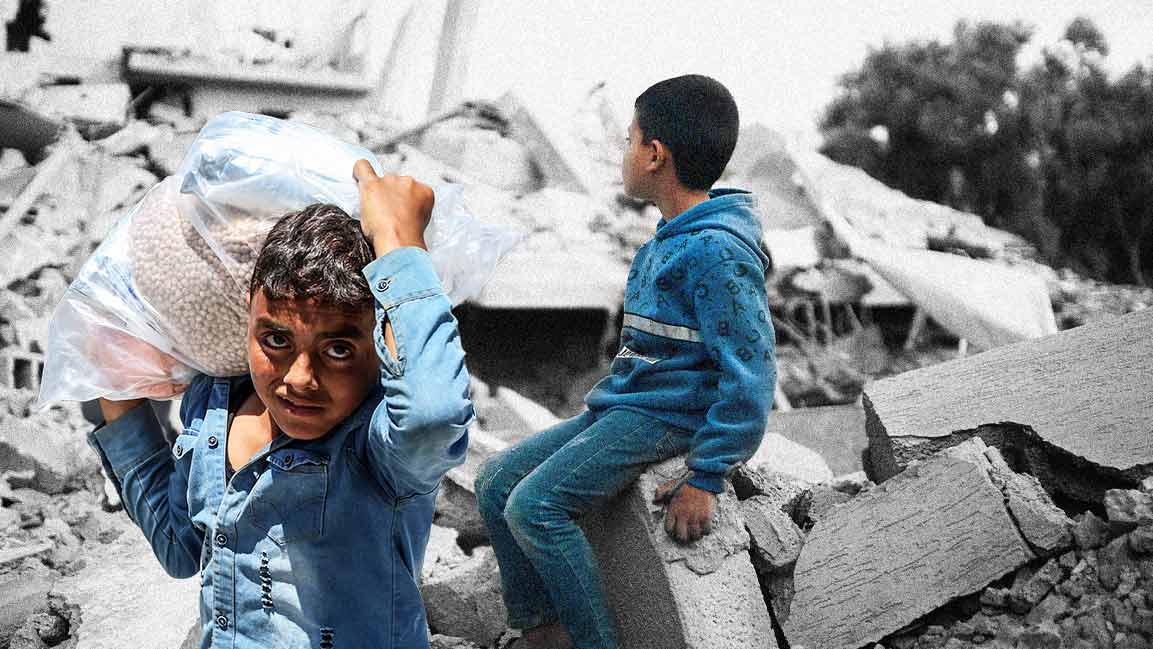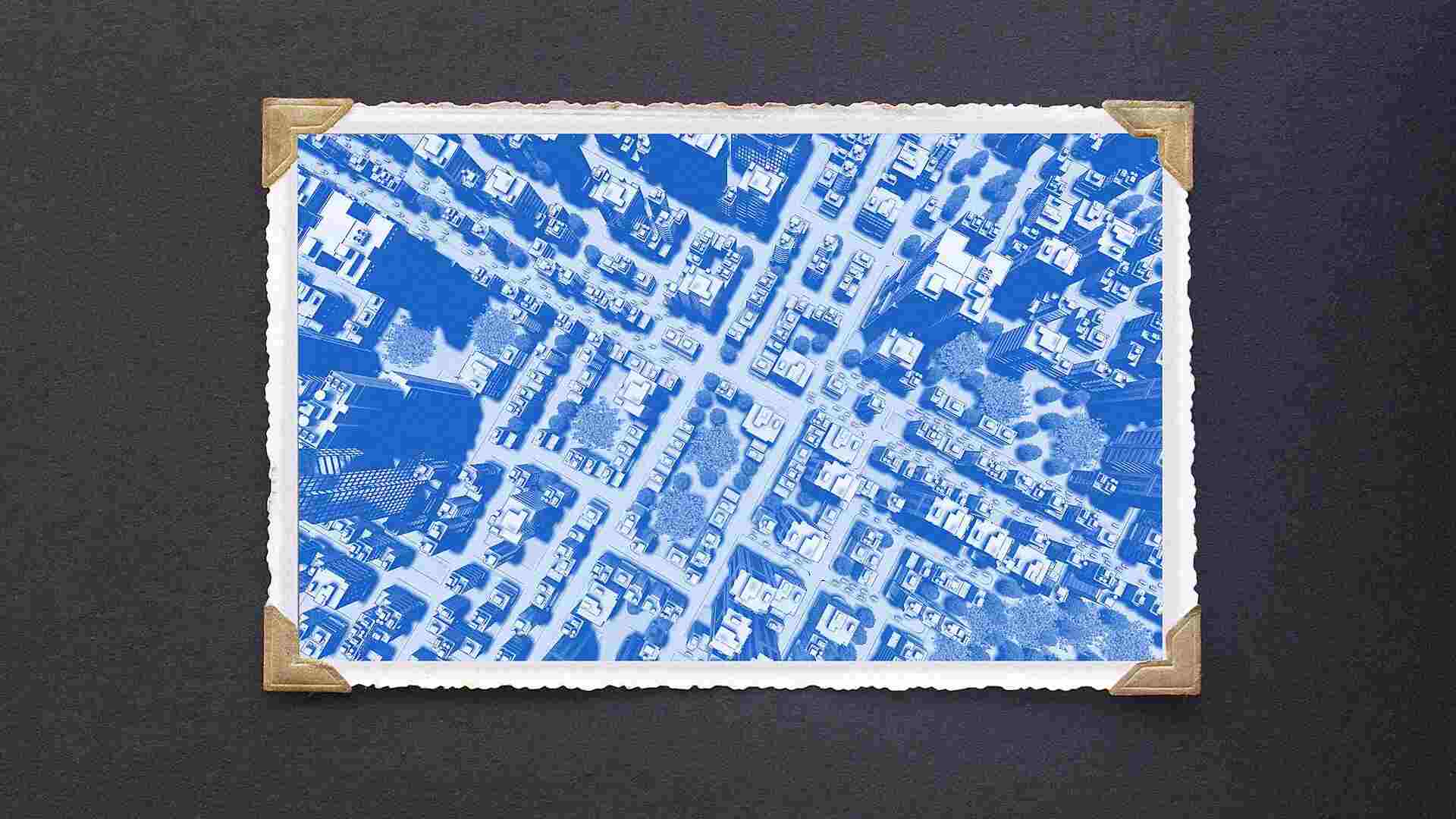- | 12:00 pm
Half of the Palestinian population is starving as war rages on
UN says it’s increasingly concerned regarding the possibility of a significant mass displacement of Palestinians

Now accepting applications for Fast Company Middle East’s Best Workplaces For Women 2023. Click here to register.
For civilians in Gaza, there’s increasingly nowhere to go. In the two-month-old conflict between Israel and Hamas, 18,205 Palestinians were killed and 50,000 wounded. About 1.9 million or 85% of the Gazan population were also internally displaced, leading to worsening hunger in the region, according to international relief agencies.
The UN World Food Programme says half of the Palestinian population is starving. “Hunger stalks everyone,” said the UNRWA, responsible for Palestinian refugees.
An analysis by the UN World Food Programme found that 9 out of 10 people cannot eat every day. Aid workers operating in a tiny stretch of bare land by the sea known as al-Mawasi, where Israeli authorities urged Palestinians to go for safety, said they encountered people who had not eaten for three days.
Meanwhile, sanitation conditions are deplorable, clean water is difficult to find, and disease is spreading.
Residents of Gaza reported that those compelled to evacuate were succumbing not only to the effects of bombardments but also to hunger and cold. They recounted incidents of aid truck looting and exorbitant prices exacerbating the challenges.
As conditions worsen, the United Nations General Assembly gears up for a vote today on an immediate humanitarian ceasefire amidst the ongoing two-month conflict between Israel and Hamas.
The 193-member Assembly is expected to approve a draft resolution resembling the one blocked by the United States in the 15-member Security Council last week. While General Assembly resolutions lack binding force, they carry significant political weight and reflect global perspectives.
Additional worries arose as UN Secretary-General Antonio Guterres expressed concern about a potential large-scale displacement towards Egypt. At the same time, UNRWA commissioner-general Philippe Lazzarini suggested that efforts were being made to push Gazans closer to the border, hinting at attempts to encourage crossing.
Jordan accused Israel of aiming to depopulate Gaza, emphasizing concerns about Gaza’s limited exit point being the border with Egypt. However, Cairo has cautioned against admitting Gazans, fearing they might be unable to return if allowed in.
In a bid to enhance aid delivery to Gaza, Israel announced on Monday its plan to implement additional screening for shipments at the Kerem Shalom border crossing despite not reopening the crossing itself.
Before the conflict, this crossing was previously the entry point for most trucks into the strip. According to two Egyptian security sources, inspections are set to commence on Tuesday, following a new agreement involving Israel, Egypt, and the US.































